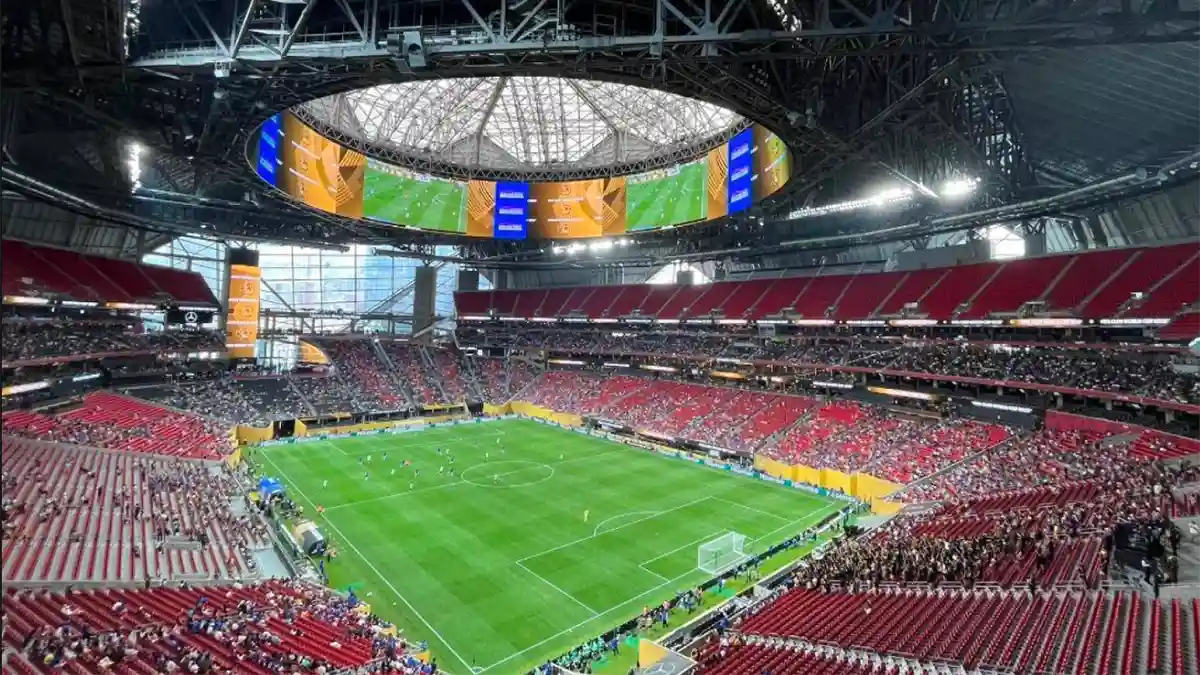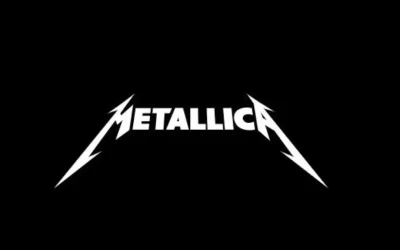FIFA’s expanded, 32-team Club World Cup was billed as a test run for the 2026 men’s World Cup. Two matchdays in, it is instead offering a master class in how not to sell tickets in the United States.
On Monday, roughly 50,000 seats sat idle inside Mercedes-Benz Stadium as Premier League side Chelsea opened Group B play with a 2-0 win over Los Angeles FC. The announced attendance was 22,137 in a building that can seat 71,000 for soccer, and the entire upper tier was never put on sale. “The environment was a bit strange,” Blues manager Enzo Maresca said after the match. “The stadium was almost empty.” (BBC Sport)
Fans who did show up had little trouble finding deals – provided they hadn’t paid the significantly higher surge prices the tournament attempted to charge when tickets first went on sale. An hour before kickoff, lower-bowl seats that had topped $80 earlier in the week were available for about $40; by halftime, listings had dropped below $30. Similar last-minute discounts were visible across FIFA’s primary marketplace, Ticketmaster, for nearly every group-stage contest.
FURTHER READING: FIFA Cuts Club World Cup Ticket Prices as Dynamic Pricing Strategy Implodes
Heavy supply, little demand
Attendance worries were flagged long before the first ball rolled. Internal FIFA staff based in Miami reportedly urged the governing body to stage early-round games in cozier Major League Soccer venues, arguing that smaller sell-outs would generate buzz and protect television optics. Senior officials in Zurich overruled them, opting for “the biggest and the best” NFL-scale buildings, according to reporting by The Athletic cited in Sports Business Journal. Eight of the 12 stadiums in use hold more than 65,000.
The result: modest fixtures in cavernous settings. Flamengo-Espérance de Tunis drew just 25,797 fans to 67,594-capacity Lincoln Financial Field in Philadelphia on Monday night. Paris Saint-Germain’s marquee meeting with Atlético Madrid filled the Rose Bowl, but several less-star-studded matchups have played out before swaths of red or gray plastic.
Cut-rate promos and refunds
Slow sales have forced FIFA into unusual tactics. At Miami Dade College, students who pay $1 for a ticket receive four additional seats free—an echo of minor-league baseball giveaways more than global-soccer grandeur. In Seattle, Sounders season-ticket holders were offered two complimentary seats to Botafogo-Seattle Sounders to offset high presale prices. (Seattle Times)
Fans who bought early at full freight are also seeing partial refunds as prices tumble, a dynamic-pricing whiplash that risks alienating repeat customers. Ministry of Sport noted tickets for Bayern Munich-Auckland City in Cincinnati had slid to $52, while resale prices for a potential Bayern appearance in the July 13 final at MetLife Stadium already exceed $650.
Timing, pricing and promotion
Industry observers point to three main culprits: midday weekday kickoffs, aggressive initial pricing and a marketing push that arrived late—or not at all—in local markets.
“The people aren’t here because it’s Monday at 3 p.m.,” Atlanta Journal-Constitution reporter Doug Roberson told BBC Sport. Philadelphia Inquirer correspondent Jonathan Tannenwald added that with no local organizing committee, “You can’t just expect people to turn up. … They needed to market it.”
Those missteps feed a broader fear: if FIFA can’t spark interest for a world-class club tournament, can it avoid similar pitfalls when the World Cup arrives in North America next summer? Ticket prices will need to be “within reasonable reach,” BBC chief football writer Phil McNulty warned, after calling the sea of empty seats in Atlanta “an early embarrassment.”
Player fatigue and legal pushback
The commercial headache comes as FIFA faces other pressures. The international players’ union and several European leagues have sued in Brussels, arguing the new summer competition overloads an already brutal calendar. “The demands on players are simply not sustainable,” Professional Footballers’ Association CEO Maheta Molango said last week.
What’s next
Group matches continue through June 26, many in the same weekday afternoon windows. Bigger crowds are expected once knockout rounds begin and global brands such as Real Madrid and Boca Juniors take the field in prime time. Yet some observers note even Lionel Messi’s presence with Inter Miami produced a home-field disadvantage, as Al-Ahly supporters out-sang the locals in the opener at Hard Rock Stadium.
FIFA has declined to release detailed sales figures, saying only that U.S. buyers lead the count, followed by Brazil, Argentina, Mexico and Canada. For now, thousands of tickets remain on offer for nearly every clash—often for less than the cost of stadium parking.
With the eyes of the soccer world on America in 2026, the governing body has little time—and less goodwill—to fix an issue of its own making.



